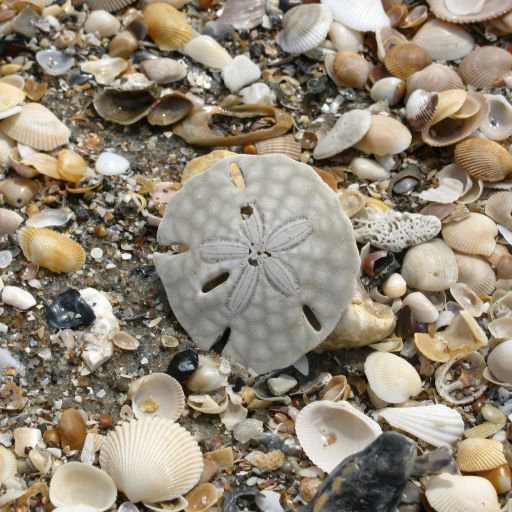Water Safety
Welcome to Holden Beach. Whether you live here or just visiting, before enjoying our beautiful waters please take a moment to read the information below with your family. We hope that you will have a great time in the water but always remember, safety first!
SWIM WITH A BUDDY IN A SUPERVISED AREA. ATTENTION PARENTS: ALWAYS watch your children. Never leave them alone in the water or on the beach even for a second. ATTENTION KIDS AND PARENTS: NEVER swim alone, if you get into trouble and are alone there will be no one available to help you.
CURRENTS
There are three types of currents that are found in our area:
- “Drift” or “Side Currents” move parallel to the shore, carrying a swimmer farther down the beach. To overcome this, aim toward the shore wile the current carries you in its direction of flow. (You’ll eventually get to shore, you just may be some distance from where you entered the water.)
- “Backwash” or “Undertow” is a current that moves down the slope of the beach under incoming waves. These currents carry a swimmer under and out. These currents are particularly dangerous when storms are offshore and waves are bigger. The water should be avoided at these times.
- “Rip Currents” or “Rips” are currents that move straight out to sea beyond the wave-break areas. Rip currents can carry a swimmer into deep water. If an ocean current carries you straight out, swim away from it by moving parallel to the shore. When you are free of it turn to the shore. The same rule applies if your float, raft, or boat gets caught in a rip current. If you get out too far and can’t paddle or swim back, call for help and wave your arms but never jump off your flotation and try to swim back to shore unless you are a very strong swimmer. Help will come soon!
BE COOL, FOLLOW THE RULES.
Find out what the rules are for your area. Your local Town Hall will provide a list of the do’s and don’ts for your area. Rules are there for a good reason.
LOOK BEFORE YOU LEAP.
Always check the water before you go in. Make sure there are no people or things in the water that could cause injury. Check for water depth. Water should be between waist deep and chest deep for non-swimmers. Look for depth markers at a pool or ask an adult. Proceed into all unknown waters with caution, watching for drop-offs and holes.
THINK SO YOU DON’T SINK.
Know what to do if you get into trouble. Don’t panic. Stop and think about what you should do. If you begin choking on water, or get in too deep or if you get caught in a current? Stop – Relax – Think – Tread Water or Float on your Back. Just don’t panic! Call for help. Keep calm, so you can think.
REACH OR THROW, DON’T GO.
If someone in the water needs or calls for help, reach out your hand or extend or throw a floating devise, but don’t go. Unless you are trained to rescue you could endanger your own life as well as the person you are trying to help by going in after them.
DON’T JUST PACK IT, WEAR YOUR JACKET.
When boating remember to wear your jacket. If an accident happens there will not be time to put on your Personal Flotation Device (PFD). Please plan ahead and wear it!
AQUATIC LIFE FACTS.
Jellyfish and Portuguese Men-Of-War have tentacles that are nearly transparent and when contacted may cause reactions ranging from a mild sting to shock, nausea, or respiratory difficulty. Swimmers should avoid these aquatic creatures in the water and on the beach. If you are stung you should seek medical attention immediately.
Information provided by the American Red Cross.





